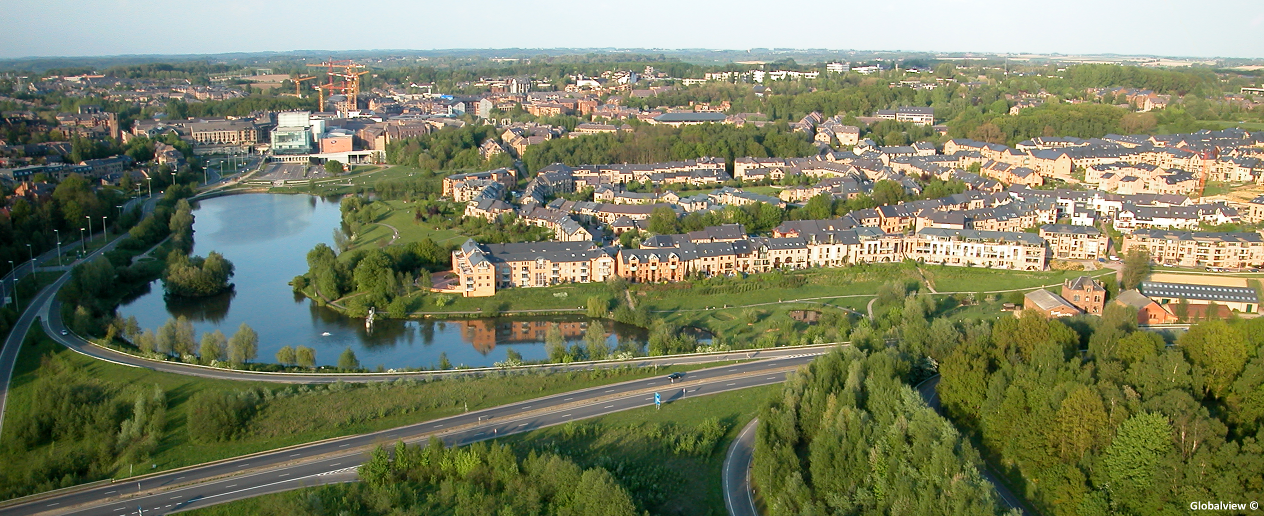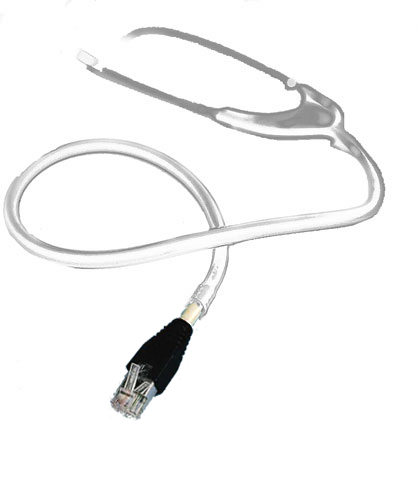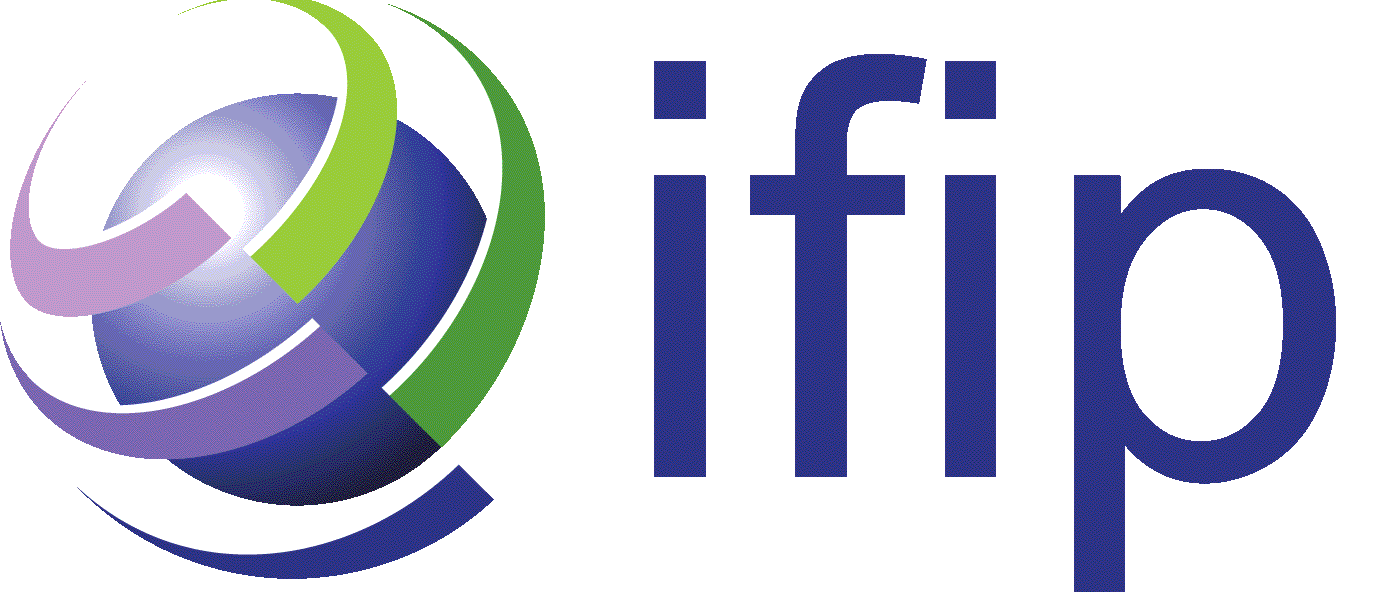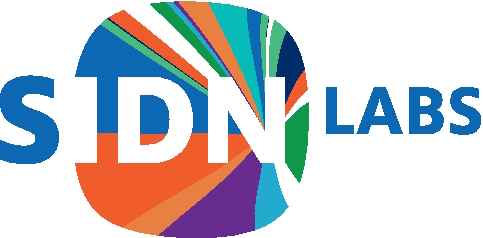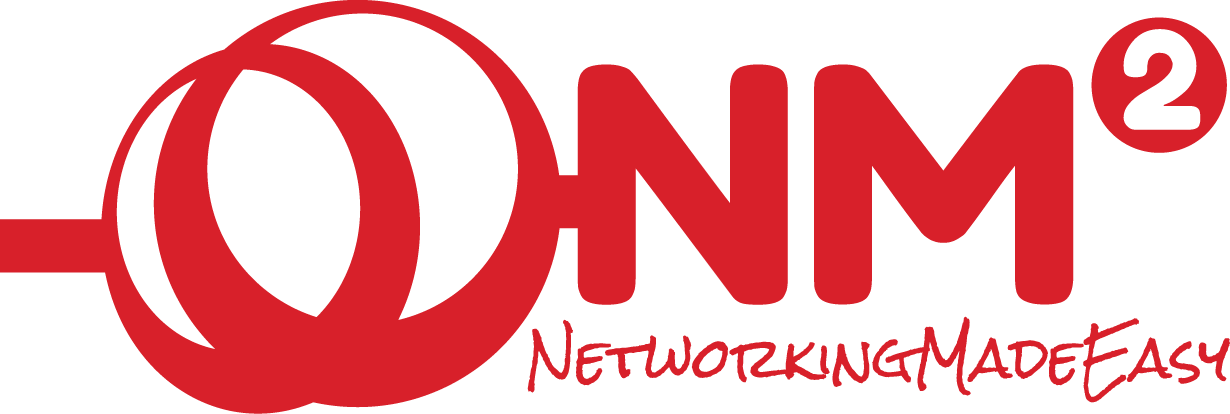Call for Papers
Relevant topics
Some relevant topics include:
- Measurements of data centers, virtualized systems and cloud-based services
- Measurements of distributed systems, including content distribution and P2P networks
- Application layer measurements, including web services, social networks, mobile applications
- Traffic analysis, characterization, visualization and classification
- Anomaly detection
- Measurements of home, wireless and cellular networks
- Security and privacy in network measurement and analysis
- Network measurement and monitoring methods and techniques
- Network monitoring systems and distributed monitoring architectures
- Network performance evaluation, troubleshooting and topology measurements
- Measurement based experiments: repeatability tests, shared datasets, collaborative platforms
- Measurements of the Quality of Service and Quality of Experience
- Measurement in Software-Defined Networks
- Measuring the impact of Big Data processing on networks
- Traffic measurement and analysis using Big Data frameworks
Accepted papers will be published in the IFIP Digital Library.
Extended versions of the two best papers on machine learning, data mining and Big Data for network monitoring and analysis will be fast-tracked for publication in a Special Issue of Elsevier Computer Networks, subject to further revision:
Papers describing experiments with users or user data (e.g., passwords, social network information), should follow the basic principles of ethical research, e.g., beneficence (maximizing the benefits to an individual or to society while minimizing harm to the individual), minimal risk (appropriateness of the risk versus benefit ratio), voluntary consent, respect for privacy, and limited deception.
When appropriate, authors are encouraged to include a subsection describing these issues, and the review process may examine the ethical soundness of the paper just as it would examine the technical aspects.
Authors unsure about topical fit or ethical issues are welcome to contact the program committee co-chairs at tma2016-chairs@googlegroups.com.
Submission guidelines
Authors should only submit original work that has not been published before and is not under submission to any other venue.
Submissions must not exceed 8 pages in IEEE 2-column style. A template is available at the following address:
http://www.ieee.org/conferences_events/conferences/publishing/templates.html
Submissions that do not comply with these requirements will be rejected without review.
Workshop program
Wednesday, April 6
| 19:30 | Welcome reception |
| La Fleur de Sel (university restaurant) Correction! Address is: Place Rabelais 49, 1348 Louvain-la-Neuve Here is a map showing its location (close to the train station). |
Thursday, April 7
The workshop takes place in the Carnoy building, room Jean-Baptiste Carnoy (b.059), Place Croix du Sud 4-5, 1348 Louvain-la-Neuve.
Here is a map showing the location of the Carnoy building, the Ibis hotel, and the train station.
| 9:20 | - | 9:30 | Opening |
| 9:30 | - | 10:30 | Keynote by Matthew Roughan, University of Adelaide |
| Lies, Damn Lies, and Internet Measurements: Statistics and Network Measurements
Prof. Matthew Roughan is a Professor in the School of Mathematical Sciences at the University of Adelaide, in South Australia and a Chief Investigator in the ARC Centre of Excellence for Mathematical & Statistical Frontiers (ACEMS). His research interests range from stochastic modelling to measurement and management of networks like the Internet. He has worked with network operators such as AT&T in the United States, and equipment vendors such as Ericsson. | |||
| 10:30 | - | 10:45 | Coffee break |
| 10:45 | - | 12:00 | Session 1: Content Delivery Measurements (Session chair: Ricardo Schmidt, University of Twente) |
| ● A First Characterization of Anycast Traffic from Passive Traces | |||
| Danilo Giordano (Politecnico di Torino), Danilo Cicalese (TELECOM ParisTech), Alessandro Finamore (Telefonica), Marco Mellia and Maurizio Munafò (Politecnico di Torino), Diana Zeaiter Joumblatt (Telefonica), and Dario Rossi (TELECOM ParisTech) | |||
| ● Inferring Live Streaming Delays in the Wild | |||
| Megumi Ninomiya and Kenjiro Cho (IIJ Research Lab) | |||
| ● DBit: Assessing Statistically Significant Differences in CDN Performance | |||
| Zahaib Akhtar (University of Southern California), Alefiya Hussain (USC/Information Sciences Institute), and Ethan Katz-Bassett and Ramesh Govindan (University of Southern California) | |||
| 12:10 | - | 13:00 | Session 2: Internet Discovery (Session chair: Fabio Ricciato, University of Ljubljana) |
| ● TreeNET: Discovering and Connecting Subnets | |||
| Jean-François Grailet (Université de Liège), Fabien Tarissan (Université Paris-Saclay), and Benoit Donnet (Université de Liège) | |||
| ● Unveiling the MPLS Structure on Internet Topology | |||
| Gabriel Dávila Revelo and Mauricio Anderson Ricci (University of Buenos Aires), Benoit Donnet (Université de Liège), and J. Ignacio Alvarez-Hamelin (University of Buenos Aires) | |||
| 13:00 | - | 14:30 | Lunch break |
| University restaurant Le Sablon Rue du Sablon, 1348 Louvain-la-Neuve (Map) | |||
| 14:30 | - | 15:45 | Session 3: Mobile Networks (Session chair: Ramin Sadre, Université catholique de Louvain) |
| ● Machine-Learning Based Approaches for Anomaly Detection and Classification in Cellular Networks | |||
| Pedro Casas (AIT Austrian Institute of Technology), Pierdomenico Fiadino (Eurecat Technology Centre of Catalonia), and Alessandro D'Alconzo (AIT Austrian Institute of Technology) | |||
| ● Profiling Mobile Broadband Coverage | |||
| Andra Lutu, Yuba Raj Siwakoti, Özgü Alay, Džiugas Baltrūnas, and Ahmed Elmokashfi (Simula Research Laboratory) | |||
| ● Passive Wi-Fi Link Capacity Estimation on Commodity Access Points | |||
| Diego Neves da Hora (Technicolor, INRIA), Renata Teixeira (INRIA), Karel van Doorselaer and Koen van Oost (Technicolor), and Christophe Diot (SAFRAN) | |||
| 15:45 | - | 15:55 | Coffee break |
| 15:55 | - | 16:45 | Session 4: Measurement Quality and Reproducibility (Session chair: Jürgen Schönwälder, Jacobs University) |
| ● Assessing the Quality of Flow Measurements from OpenFlow Devices | |||
| Luuk Hendriks and Ricardo de O. Schmidt (University of Twente), Ramin Sadre (Université Catholique de Louvain), Jeronimo Bezerra (Florida International University), and Aiko Pras (University of Twente) | |||
| ● Reproducing Network Experiments in a Time-controlled Emulation Environment | |||
| Diana Andreea Popescu and Andrew W. Moore (University of Cambridge) | |||
| 17:00 | Social event | ||
| Musée Hergé Rue du Labrador 26, 1348 Louvain-la-Neuve (Map) | |||
| 19:00 | Conference Dinner | ||
| Loungeatude Place Polyvalente, 1348 Louvain-la-Neuve (Map) |
Friday, April 8
The workshop takes place in the Carnoy building, room Jean-Baptiste Carnoy (b.059), Place Croix du Sud 4-5, 1348 Louvain-la-Neuve.
Here is a map showing the location of the Carnoy building, the Ibis hotel, and the train station.
| 9:45 | - | 11:00 | Session 5: Internet Measurements (Session chair: Aiko Pras, University of Twente) |
| ● The Leap Second Behaviour of NTP Servers | |||
| David Malone (Hamilton Institute and Department of Mathematics and Statistics, Maynooth University, Ireland) | |||
| ● Scanning the IPv6 Internet: Towards a Comprehensive Hitlist | |||
| Oliver Gasser, Quirin Scheitle, Sebastian Gebhard, and Georg Carle (Technische Universität München) | |||
| ● Is the Internet Ready for DNSSEC: Evaluating Pitfalls in the Naming Infrastructure | |||
| Haya Shulman and Michael Waidner (Fraunhofer Institute for Secure Information Technology) | |||
| 11:00 | - | 11:10 | Coffee break |
| 11:10 | - | 12:25 | Session 6: Of Bots and Other Threads (Session chair: Olivier Festor, TELECOM Nancy) |
| ● Identifying Coordination of Network Scans Using Probed Address Structure | |||
| Johan Mazel (NII/JFLI), Romain Fontugne (IIJ), and Kensuke Fukuda (NII/Sokendai) | |||
| ● Digging for Dark IPMI Devices: Advancing BMC Detection and Evaluating Operational Security | |||
| Oliver Gasser, Felix Emmert, and Georg Carle (Technische Universität München) | |||
| ● BotDigger: Detecting DGA Bots in a Single Network | |||
| Han Zhang, Manaf Gharaibeh, Spiros Thanasoulas, and Christos Papadopoulos (Colorado State University) | |||
| 12:25 | - | 12:40 | BPA and Closing |
| 13:00 | Lunch |
Best Paper Award
The Best Paper Award, sponsored by IFIP, has been given to the following paper:
Profiling Mobile Broadband Coverage, by Andra Lutu, Yuba Raj Siwakoti, Özgü Alay, Džiugas Baltrūnas, and Ahmed Elmokashfi (Simula Research Laboratory)
In this work the authors have started to mine a complex and intriguing dataset collected by mobile test devices mounted on operational trains. The collected data points are geo-tagged and include information on space, time and several radio parameters relevant to different mobile technologies. Based on that, the authors attempt to profile the actual coverage of each mobile technology for different operators across space and time, a task that is complicated by several potential sources of noise, bias and uncontrollable external factors affecting the data collection phase.
The methodology presented in this paper is based on a composition of Data Mining tools and concepts. The work is probably not conclusive, but this is fully okay for a workshop like TMA, that is meant to foster exchange of ideas at the early stage and dissemination of early results. Furthermore, the authors have made their dataset publicly available, allowing for independent (in)validation of their work. Generally speaking, papers dealing with reproduction and verification of previous papers are strongly welcome to TMA, therefore we may well see next year in the program of TMA 2017 one or more work that (in)validate papers presented to previous TMA editions, including possibly this one.
TPC Co-chairs
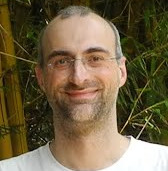
Ramin Sadre
Université catholique de Louvain, Belgium
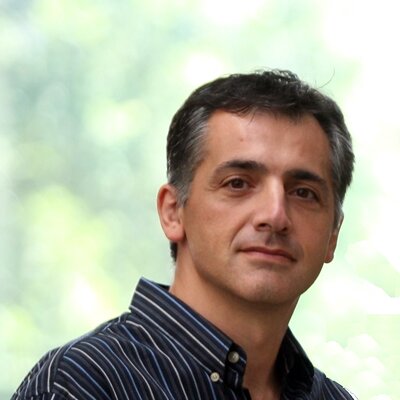
Fabiàn Bustamante
Northwestern University, IL, USA
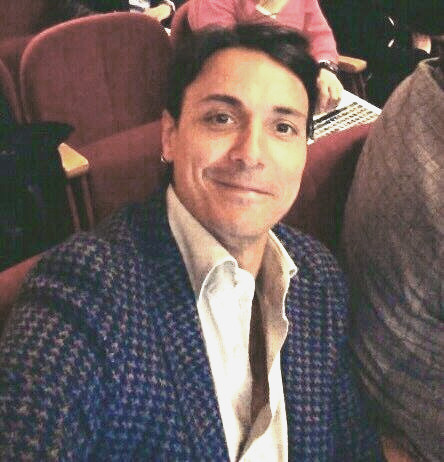
Alessio Botta
University of Napoli Federico II, Italy
TPC Committee
- Alberto Dainotti, CAIDA (USA)
- Alessandro Finamore, Politecnico di Torino (Italy)
- Anna Sperotto, University of Twente (Netherlands)
- Antonio Pescape, University of Napoli (Italy)
- Benoit Donnet, Université de Liège (Belgium)
- Constantine Dovrolis, GeorgiaTech (USA)
- Dali Kaafar, NICTA (Australia)
- Damiano Carra, University of Verona (Italy)
- David Choffnes, Northeastern University (USA)
- Fabian Schneider, NEC Laboratories Europe (Germany)
- Fabio Ricciato, University of Ljubljana (Slovenia)
- Gareth Tyson, Queen Mary University of London (UK)
- Georgios Smaragdakis, MIT/TU Berlin/Akamai (USA)
- Hamed Haddadi, QMUL (UK) / QCRI (Qatar)
- Italo Cunha, Universidade Federal de Minas Gerais (Brazil)
- J. Ignacio Alvarez-Hamelin, University of Buenos Aires (Argentina)
- Jeff Erman, AT&T (USA)
- Jordi Domingo-Pascual, UPC BarcelonaTech (Spain)
- Kenjiro Cho, IIJ (Japan)
- Marco Mellia, Politecnico di Torino (Italy)
- Matteo Varvello, Telefonica (Spain)
- Pedro Casas, FTW (Austria)
- Pere Barlet-Ros, UPC BarcelonaTech
- Philippe Owezarski, CNRS (France)
- Pietro Michiardi, Eurecom (France)
Steering Committee
- Alberto Dainotti, CAIDA (USA)
- Xenofontas Dimitropoulos, University of Crete & FORTH (Greece)
- Jordi Domingo-Pascual, UPC BarcelonaTech (Spain)
- Christian Kreibich, ICSI/ICIR (USA)
- Marco Mellia, Politecnico di Torino (Italy)
- Antonio Pescape, University of Napoli (Italy)
- Aiko Pras, University of Twente (Netherlands)
- Fabio Ricciato, University of Ljubljana (Slovenia)
- Yuval Shavitt, Tel Aviv University (Israel)
- Steve Uhlig, Queen Mary, University of London (UK)
- Pere Barlet-Ros, UPC BarcelonaTech (Spain)
Contacts
tma2016-chairs@googlegroups.com
Design by W3layouts © 2015 Flexy.
